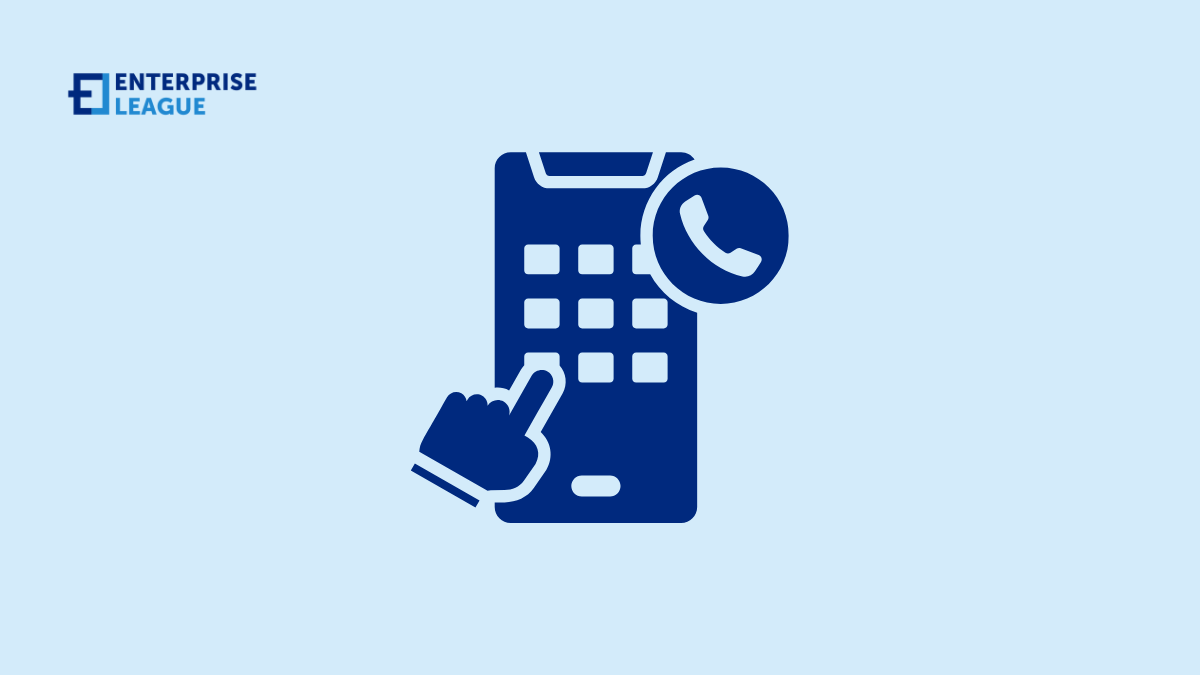The rise of disposable mobile numbers reflects growing concerns about online privacy and security. These temporary numbers enable users to receive texts and calls for digital verifications without exposing their personal contact information. As online registrations become more frequent, many are turning to disposable numbers to protect their privacy.
This article examines both the benefits and drawbacks of using disposable mobile numbers. We’ll explore their practical applications across various online activities, as well as their potential limitations. Our aim is to offer a balanced view of how these tools can impact digital security and user convenience, helping readers decide if and when to use them in their own online interactions.
What are disposable mobile numbers
A disposable mobile number for verification is a type of temporary phone number that users can obtain to receive SMS and calls for a limited time, primarily for online verifications. These numbers function just like regular phone numbers but are designed to be used once or for a short duration before being discarded. This makes them ideal for safeguarding privacy during activities such as signing up for new apps, online shopping, or any situation where sharing a personal number might lead to unwanted contacts or security risks.
The technology behind disposable mobile numbers involves virtual number services that route calls and texts through the Internet using Voice over Internet Protocol (VoIP) technology. Users can select a number from various country codes to suit their needs, making these numbers particularly useful for bypassing geographical restrictions during registrations or accessing services available only to residents of certain regions.
Setting up a disposable mobile number is typically straightforward. Users can access these services through websites or apps, where they can instantly obtain a number after registering an account. Once the number has received the desired text message or call, it can either be discarded immediately or kept for the duration of its temporary service period, depending on the user’s needs. This process ensures a high level of control and flexibility, allowing users to manage their online verification needs without compromising their real contact information.
Pros of using disposable mobile numbers
Disposable mobile numbers offer significant advantages that enhance user experiences, particularly in the realms of privacy and security. By utilizing these numbers, individuals keep their personal contact information undisclosed, reducing the risk of identity theft, spam, and unsolicited calls. This is especially vital in today’s digital landscape where personal data can be easily exploited.
From a cost perspective, disposable numbers are highly effective for managing multiple verifications. Instead of acquiring multiple SIM cards or contracts, users can simply use temporary numbers for different services or campaigns, significantly cutting down expenses. Additionally, the accessibility of these numbers via online platforms makes them readily available to users worldwide, eliminating geographical limitations.
In specific scenarios, such as registering for testing services, signing up for temporary memberships, or when exploring new online markets, disposable numbers provide a distinct advantage. They allow users to engage with services without the commitment of long-term number registration, perfect for testing products or services before fully committing. Moreover, these numbers can be a critical tool in avoiding spam related to promotional sign-ups, where sharing a personal number might lead to unwanted marketing communications.
Cons of using disposable mobile numbers
Despite their benefits, disposable mobile numbers also come with potential drawbacks that can affect their reliability and reception. Since these numbers rely on digital services rather than traditional cellular networks, they may experience issues in signal strength or delivery delays, particularly when used in areas with poor internet connectivity.
There are also limitations in certain verification processes where disposable numbers are not accepted. Some financial institutions, government services, or highly secure platforms require a more permanent number for ongoing verification and account recovery, making disposable numbers unsuitable.
The temporary nature of these numbers can be problematic for services that require long-term access or the option for account recovery. Users may find themselves unable to retrieve accounts linked to a disposable number once it is deactivated or expired. This transient aspect can also hinder the development of trust with customers in business scenarios, as continual number changes may appear unreliable or suspicious.
The impact of these cons on user experience and service accessibility can be significant, potentially limiting the effectiveness of disposable numbers in scenarios that demand stability, long-term reliability, and widespread acceptance.
Disposable vs. permanent mobile numbers
When it comes to security, disposable numbers offer a layer of anonymity, keeping your personal information hidden from platforms that might misuse or sell your data. This is a key advantage for users concerned about privacy, especially when signing up for services that are prone to spam or data leaks. In contrast, permanent numbers are linked to personal details and are often required for more sensitive tasks, making them less private but more reliable for secure, ongoing access.
In terms of practicality, disposable numbers are cost-effective for tasks that don’t require ongoing use, especially when managing multiple verifications or international communications. Permanent numbers, while more expensive to maintain, provide a level of trust and reliability that disposable numbers cannot, especially in long-term professional or personal settings.
The right choice depends on the nature of the task and privacy concerns. For one-time or temporary tasks with high privacy needs, disposable numbers are the better option. For long-term, stable interactions that require trust and continuity, a permanent number is more practical.
Conclusion
The choice between disposable and permanent mobile numbers depends on individual priorities and circumstances. Disposable numbers excel in privacy protection and short-term flexibility, making them ideal for temporary online interactions and safeguarding personal information. However, their limitations in reliability and acceptance may not suit all situations. Permanent numbers, while more exposed, offer stability and trustworthiness for long-term communications.
More must-read stories from Enterprise League:
- A step-by-step guide to teach you how to write a business essay.
- Unique and creative guerrilla marketing ideas for small businesses.
- How to handle a situation where employees are not getting along.
- Learn how to deal with rude customers in a creative way.
- All the reasons why we should support local businesses and shop local.
Related Articles
What Are the Best Value Cleaning Solutions for High-Volume Car Washes? 5 Options for Managers
For high-volume car wash businesses, the right chemical supplier is the backbone of their operations. Today's competitive marketplace demands bulk solutions that are effective, reliable and tailored for maximum throughput. Whether you operate automated tunnels, in-bay...
What’s the Best Parcel Auditing Company? Here Are the 5 Top Options
With shipping costs on the rise and carrier invoices growing increasingly complex, businesses face significant challenges in managing their logistics expenses. Rising costs can often lead to inefficiencies and lost savings. Working with a parcel auditing company is a...
What Are the Top 5 Divorce Lawyers? Here Are Your Options in Franklin, TN
Divorce can be especially complex for business owners, where personal decisions often intersect with assets, partnerships and long-term financial planning. Knowing who the top-rated divorce lawyers in Franklin, TN, are can make a meaningful difference in protecting...
What Are the Best Value Cleaning Solutions for High-Volume Car Washes? 5 Options for Managers
For high-volume car wash businesses, the right chemical supplier is the backbone of their operations. Today's competitive marketplace demands bulk solutions that are effective, reliable and tailored for maximum throughput. Whether you operate automated tunnels, in-bay...
What’s the Best Parcel Auditing Company? Here Are the 5 Top Options
With shipping costs on the rise and carrier invoices growing increasingly complex, businesses face significant challenges in managing their logistics expenses. Rising costs can often lead to inefficiencies and lost savings. Working with a parcel auditing company is a...






